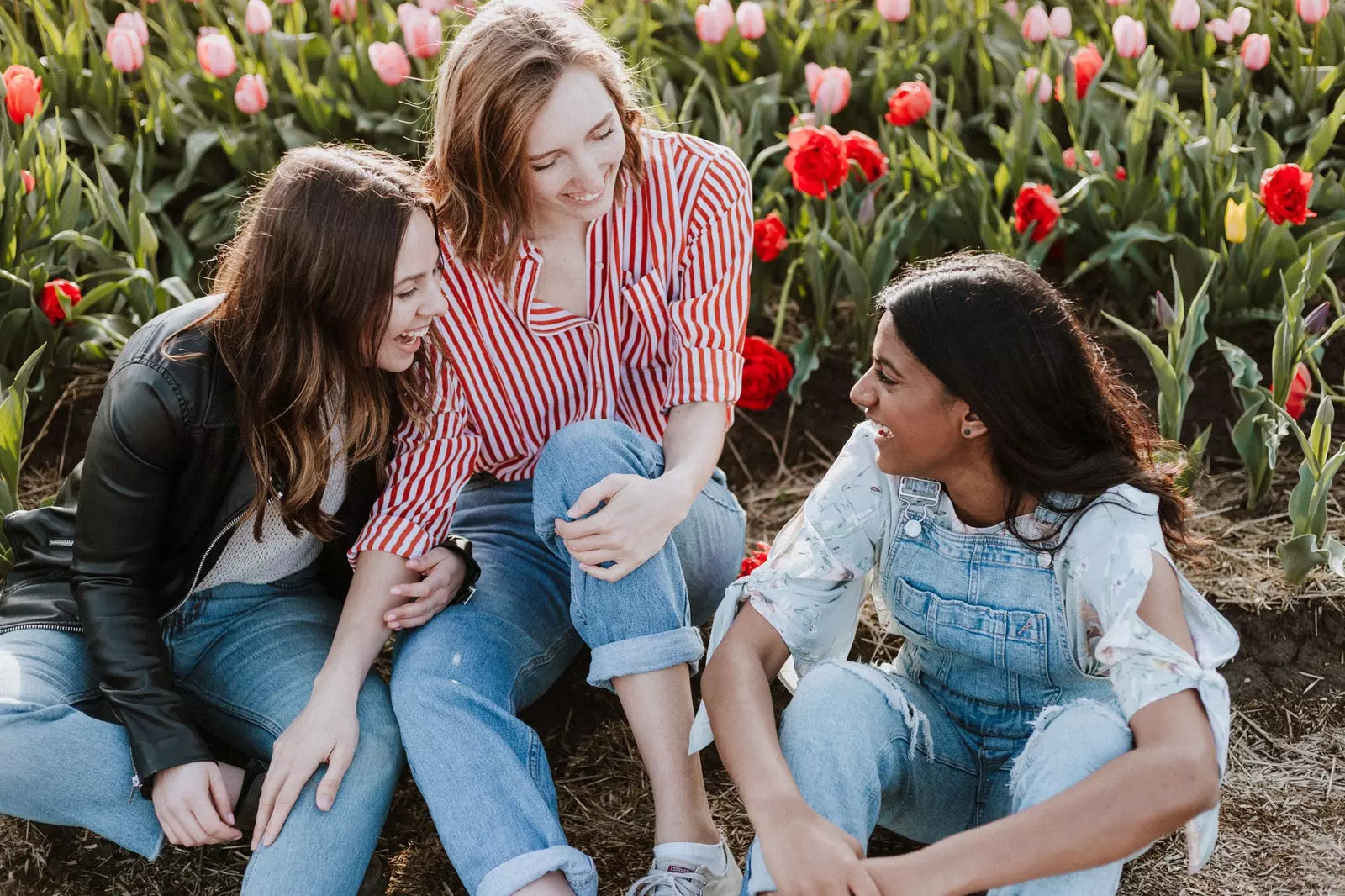
Words for a happier life
How would you describe, with a single word, the emotion that a song produces in you? In Lebanon they know it. And the action of going outside in the morning to listen to the sound of the birds? Tick-tock, Sweden has the answer. But surely neither in Lebanon nor in Sweden do they know what our 'desktop' is.
Each culture in the world has its own words that shape a specific but equally universal need, forming a cosmological puzzle to which Virginia Woolf already alluded when she said "Words belong to each other."
Mantras that represent the tip of the iceberg of a much deeper philosophy or way of life, as simple in appearance as decisive in its interior, similar to a creamy coulant or a soap bubble.
Speaking of pleasures, a study carried out by the University of Barcelona (UB) confirmed that discovering new words produces the same effect as sex. And though we can't promise anything, These 20 words in the world can be the best caress for the mind, and even the soul.
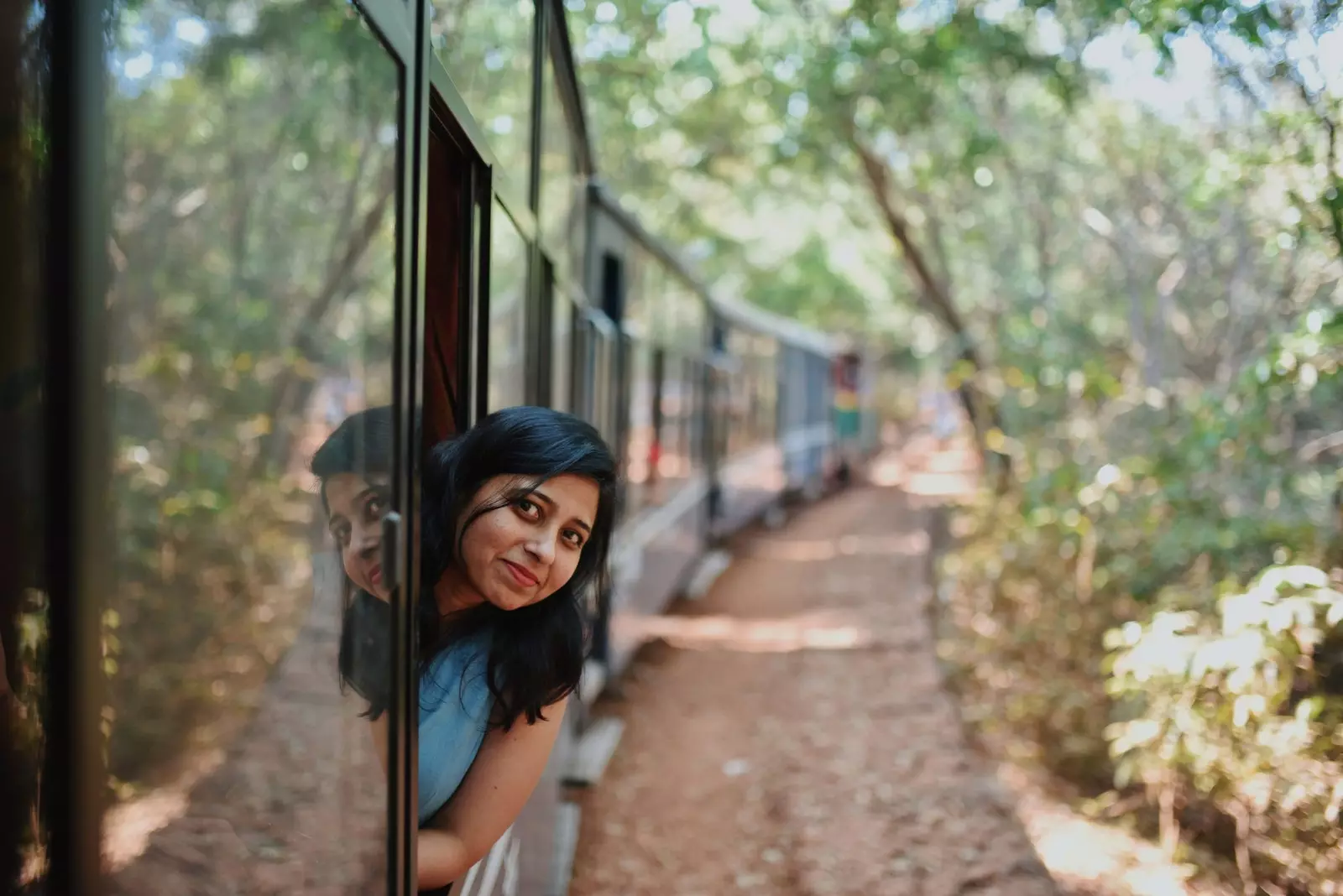
'Ullassa', a word of Sanskrit origin that defines the pleasure linked to the beauty of nature
ULLASSA (INDIA)
India has more than 19,500 recognized languages and dialects. A (spicy) alphabet soup that we rescued ullassa, word of Sanskrit origin that defines the pleasure linked to the beauty of nature: admire the flocks of flamingos spreading their wings in tropical marshes, the last monsoon rains swaying the palm trees or the starry sky over lost temples.
HANYAUKU (NAMIBIA)
In Namibia, a nation carved by some of the tallest dunes in the world, the action of stepping on the sand barefoot is called hanyauku, a word from the Rukwangali language, one of the 27 spoken in the African country.
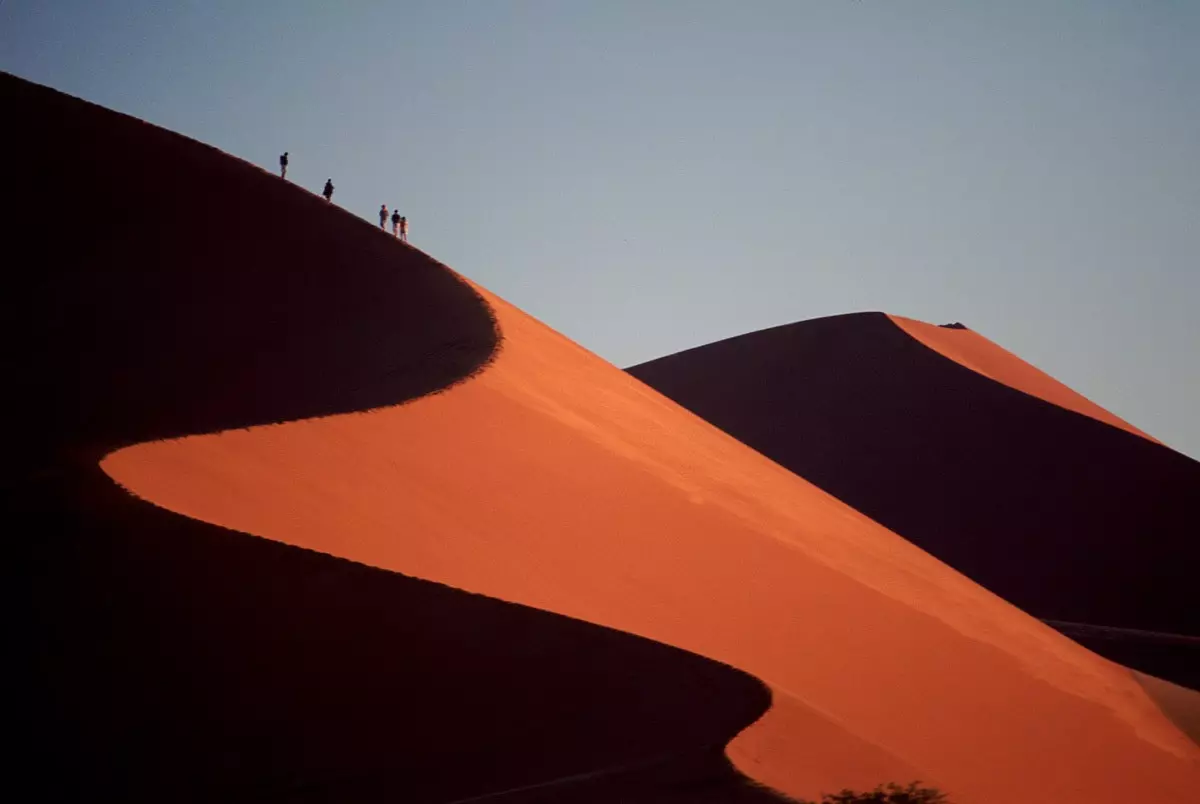
the dunes of namibia
TARAB (LEBANON, SYRIA, EGYPT AND OTHER ARAB COUNTRIES)
Music is always a good refuge to go to: to cry, celebrate or as a hook for nostalgia. The Arabs have always known this and, as a shortcut, adopted the word tarab to describe the joy that music produces in the soul, especially the Arab one, marked by a poetic aesthetic full of vibrations and harmony.
Tarab is also the name of a musical genre especially famous in Egypt and booming in the first half of the 20th century.
KINTSUGI (JAPAN)
500 years ago, if you dropped a ceramic pot on the ground in Japan, they didn't throw it away; was repaired. They fixed all the parts of the vessel and, when finished, as a whole the cracks of its breakage were appreciated with admiration.
Over time, this ceramic art ended up defining a new philosophy: the kintsugi or the ability to accept our scars as part of a whole, of our own beauty.
GÖKOTTA (SWEDEN)
Spinning the ancient tradition of going out to listen to the cuckoo on Ascension Day, Sweden adopted the gökotta, or art of walking every morning to immerse yourself in the song of the birds, like another habit.
The objective is clear: dedicate time and reconnect with nature as the first morning ritual.
WALDEINSAMKEIT (GERMANY)
33% of the extension of Germany is made up of forests to get lost in.
From this need arises waldeinsamkeit, a word that alludes to “the feeling of solitude in the middle of a forest”. An ode to the slow movement that pushes us to leave everything behind for a few hours and find ourselves among the trees.
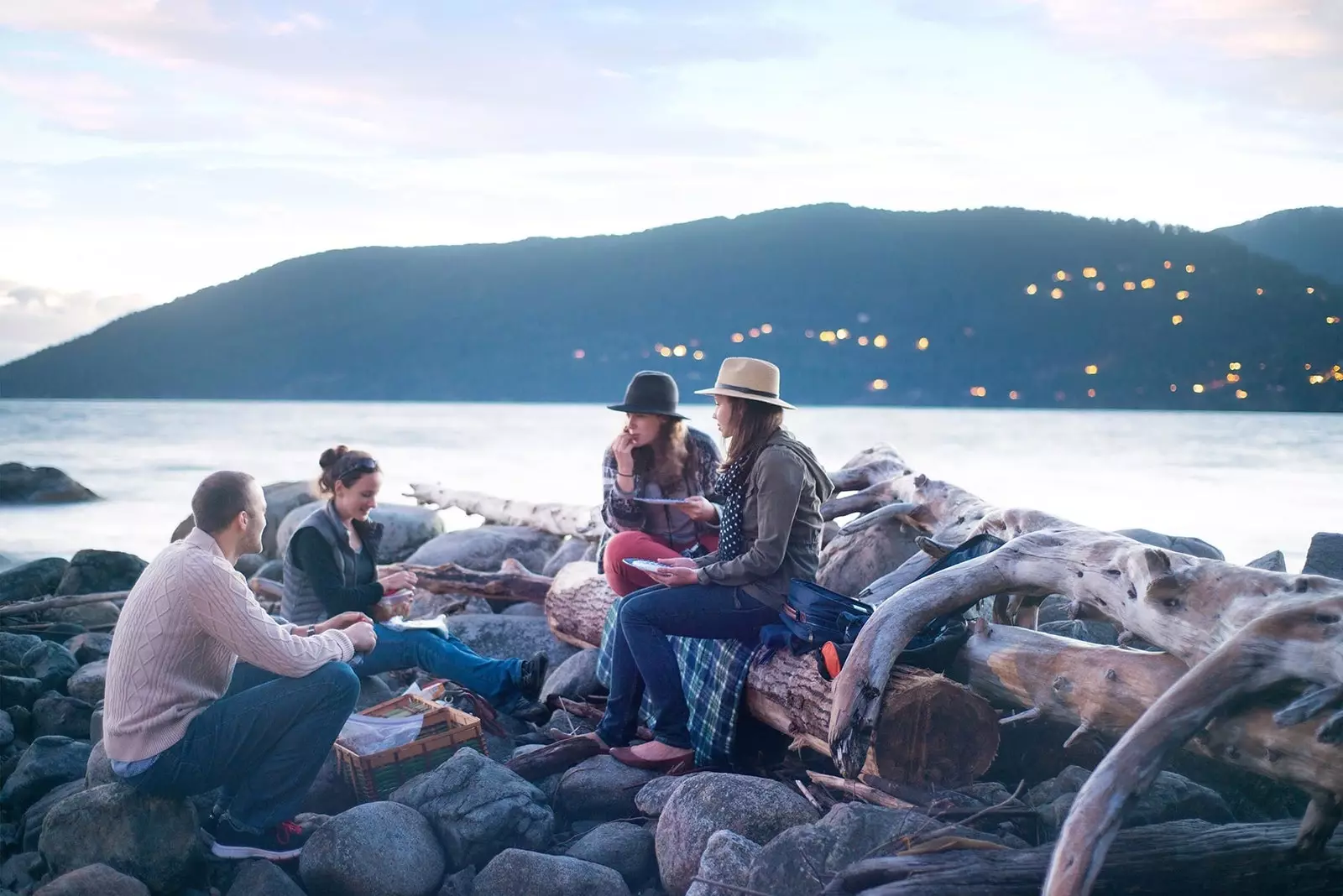
'Hygge': the secret of Nordic happiness
HYGGE (DENMARK)
The Nordic countries are experts in defining new lifestyles, hygge being the best known of all.
Although it does not have a definite translation, The hygge modus operandi consists of evoking all those little things that make our lives warmer and more pleasant: an afternoon reading books with chai tea, making "the fajita" with the duvet or that unexpected hug at the airport gate.
PIHENTAGYÚ (HUNGARY)
If you are creative, you may need a little pihentagyú, a Hungarian word meaning “with a relaxed mind”. This concept helps come up with clever solutions or a good idea by relaxing, whether doing yoga, journaling or painting mandalas.
MEVAK (SERBIA)
A delicious meal, an old song or admire the sunset. The art of appreciating all those little things in life is called mevak in Serbia, a philosophy of life that is born in the city of nis , the third largest in the country and famous for its friendly locals, candy stalls and Balkan jazz bars.
AYLYAK (BULGARIA)
Although this word already appeared in Bulgarian dictionaries at the end of the 19th century, its use has not spread beyond the city of Plovdiv, famous for a relaxed and warm lifestyle; for his aylyak.
A thought that could be translated as “the art of doing something in a relaxed place without worrying about anything”: afternoons with friends having a beer, bathing your feet in the sand of a beach bar full of lanterns or, in this case, getting lost in the old town of Plovdiv, designated city European Capital of Culture in 2019.
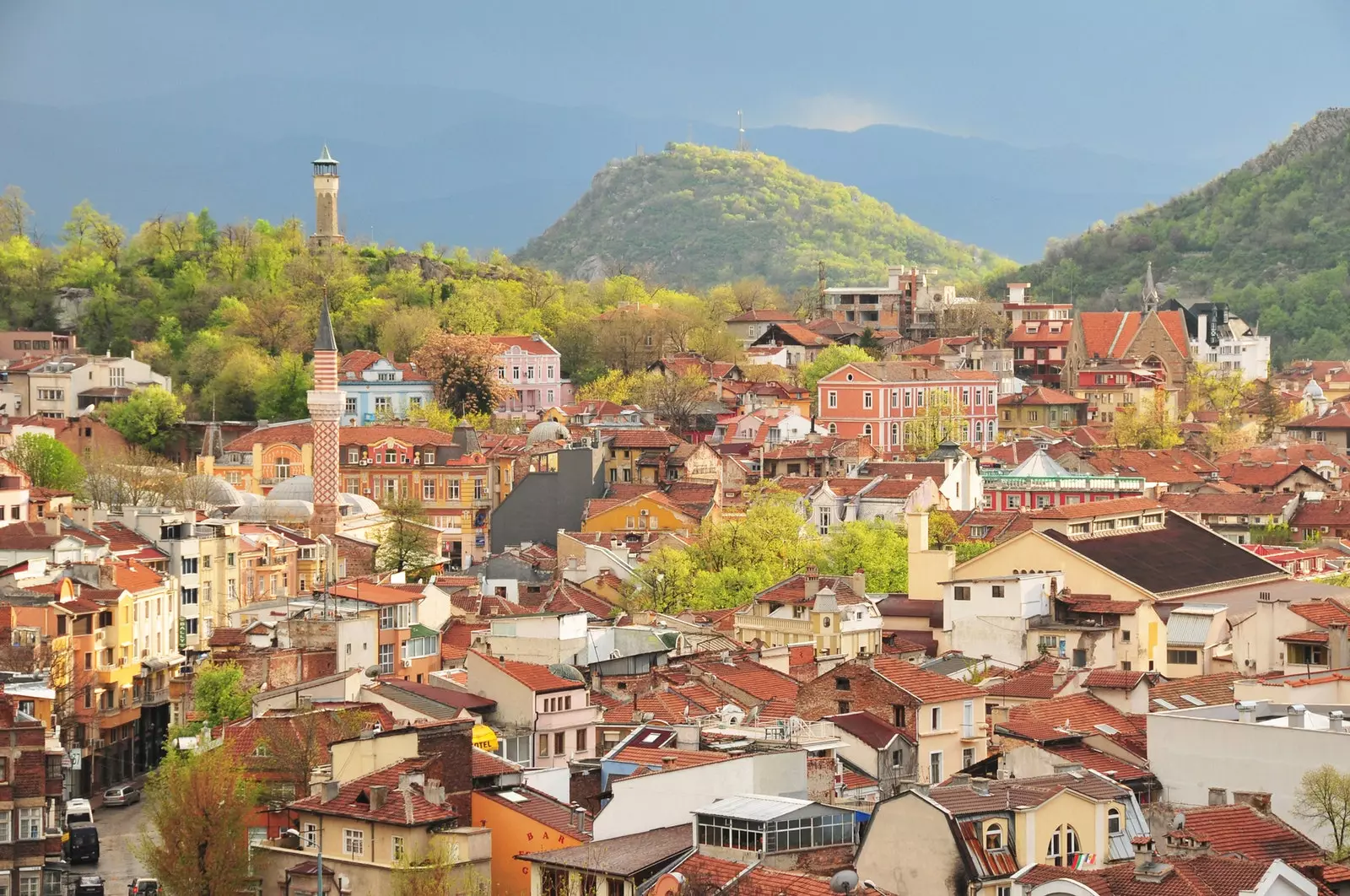
Plovdiv, a city famous for a relaxed and warm lifestyle; for his 'aylyak'
FRILUFTSLIV (NORWAY)
Happiness spreads in the Nordic countries through another concept from Norway: the frilufstliv, a word that means “outdoor life”, which was coined by the writer Henrik Ibsen in the 1850s.
A night under the northern lights, a picnic in a park or a bonfire on the beach These are just a few scenes that come to mind in the most indoor year in our recent history.
AYNI (PERU AND BOLIVIA)
The quechua culture it is full of mythologies and secret codes whose teachings we could well apply to the entire world. In the high mountains of the Andes the ayni always floats, a word that serves to designate a "sense of community and cooperation" as a principle of life that connects all its members.
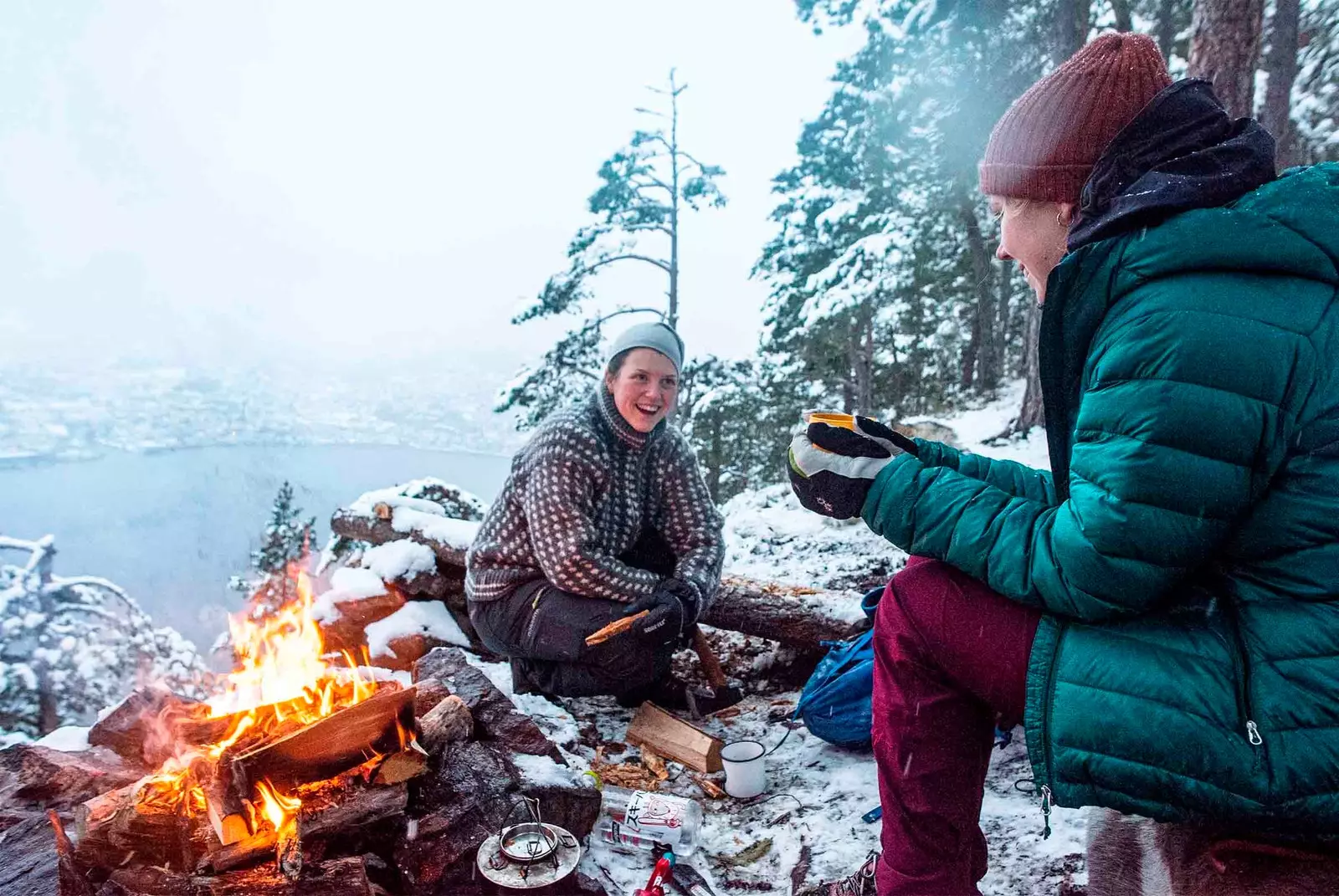
Norwegian happiness: outdoor life (or 'frilufstliv')
IKIGAI (JAPAN)
The Japanese is a culture from which words emanate that are quite an inspiration, and ikigai is one of them.
Its meaning is "the reason we get up every morning" and it was born in Ogimi, a small town on the islands of Okinawa. famous for the long life expectancy of its inhabitants.
People who, when retiring, do not tie themselves to radical changes or a sedentary lifestyle, but to continue cultivating the garden, carving wood or fishing on secluded beaches.
MERAKI (GREECE)
Some words arose in very distant times to describe an eternal, universal thought. A good example is born in the times of Ancient Greece, a period in which Man, believed to be the center of the cosmos, used the word meraki to refer to the act of “leaving one's skin for what we love”: music, cooking, writing, art; Give it all in what you are most passionate about.
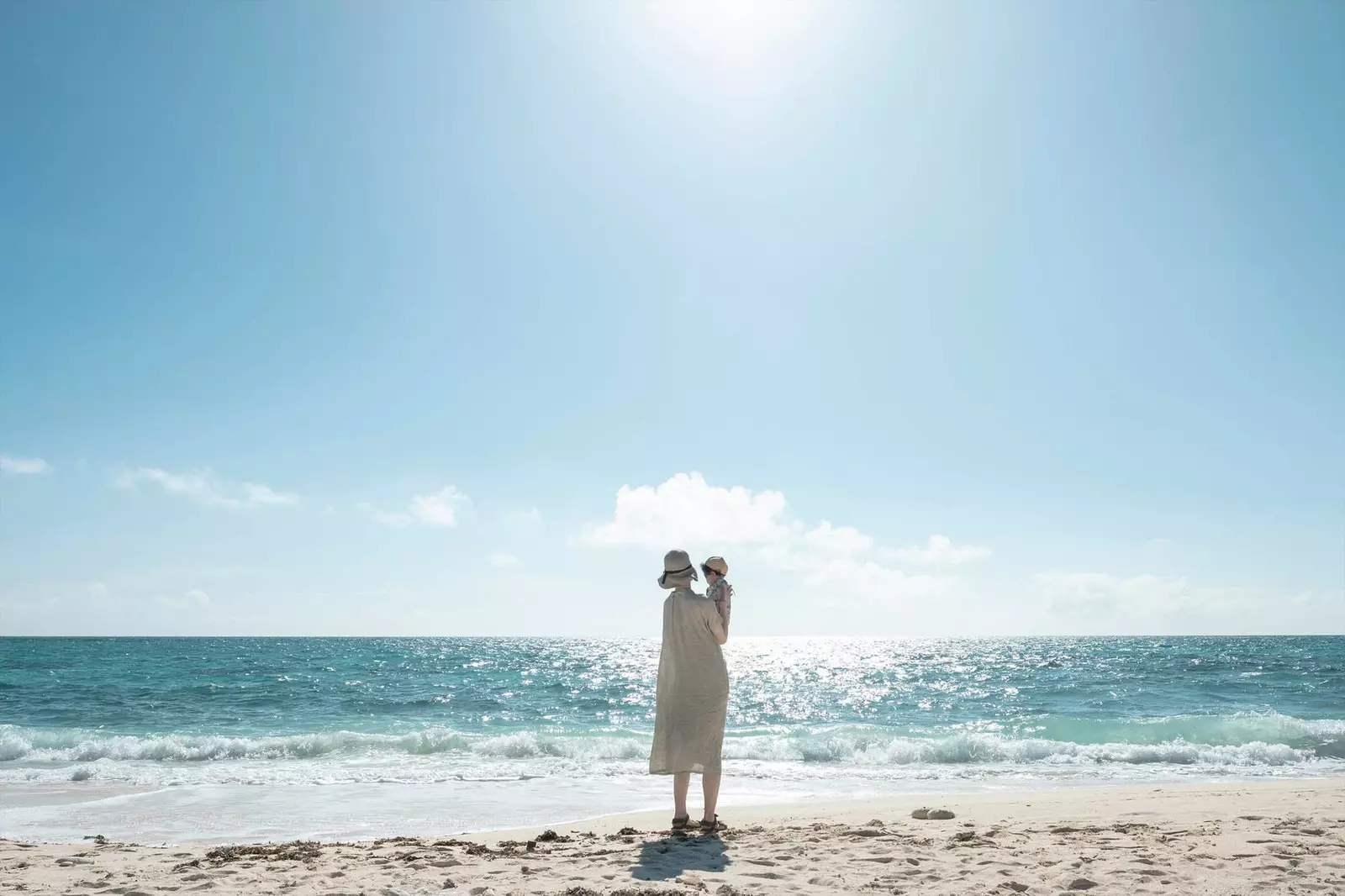
Okinawa is famous for the longevity of its inhabitants
SOLARFRI (ICELAND)
Imagine that one day all the systems in your office crash, your doctor's appointment ends early, or any other chance of fate allows you a "free" day of work.
This luck is known in Iceland as sólarfrí and its approximate translation would be "sunny vacation". The improvised excuse to go out to a park to have a beer or go for a walk with that friend who is also free.
FJAKA (CROATIA)
For Croatians, “doing nothing” does not always mean being lazy or lazy, but rather a necessity, an elevated state of body and mind. From this certainty is born the fjaka, or the ability to melt into your own rhythm and take a well-deserved rest, if possible, between the sea and the sun that bathe the Dalmatian coast.
FLÂNEUR (FRANCE)
Born in the nineteenth century in Paris, the flâneur (street) is a traveling figure who loves to get carried away among the secrets of a neighborhood, city or small town: discover a local restaurant as the best serendipity, let yourself be intoxicated by the aromas of a bakery, or wander without knowing that the sea can be at the end of a street. Definitely, the irresistible art of getting lost and appreciating all those little details.
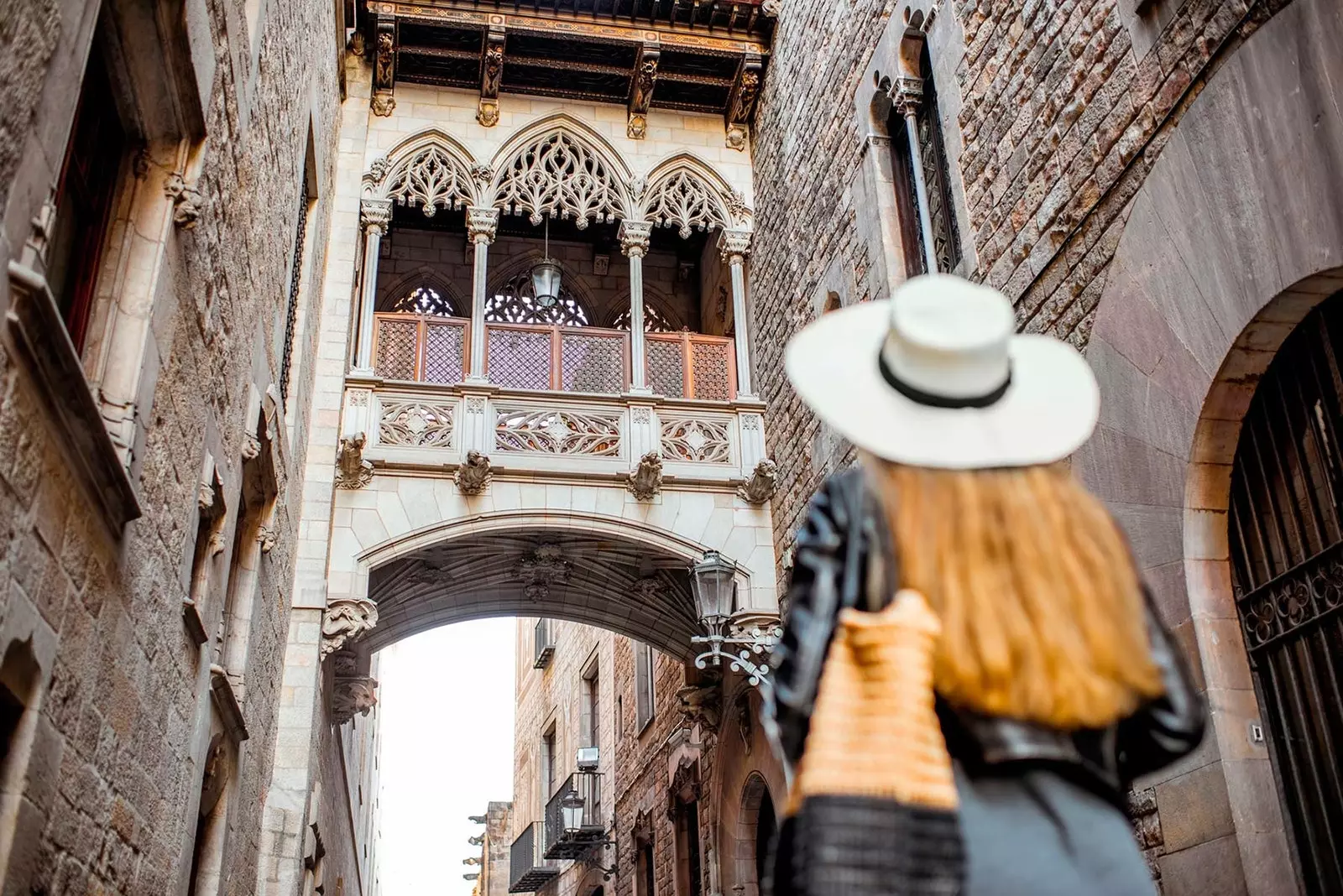
We have all been a 'flâneur' wandering around the city at some point
DADIRRI (AUSTRALIA)
Between mountains and moors dotted with kangaroos, Australian aborigines have woven a network of ancient teachings from which words such as dadirri, originating from the Ngan'gikurunggurr and Ngen'giwumirri languages, both spoken by the Daly River tribes.
Part of their rituals and way of life, dadirri encompasses a "deep inner listening" that addresses who you are, why you are here and what is your goal in life.
Shemomedjamo (Georgia)
Do you know that moment when you're eating something delicious (let's dream: a giant tiramisu) and, even though you're already full, you can't stop eating? Georgians call it shemomedjamo and you can put it into practice with those favorite dishes that you reserve as appetizers. Because there are words that caress the soul. But some go through the appetite first.
DESKTOP (SPAIN)
Result of our warmth and passion for soirees, the desktop confirms that we Spaniards have an obsession with what happens after the meal (We do not forget the siesta, that intangible heritage not yet recognized). And no one can deny that a good desktop can be just as philosophical with a good pacharán.
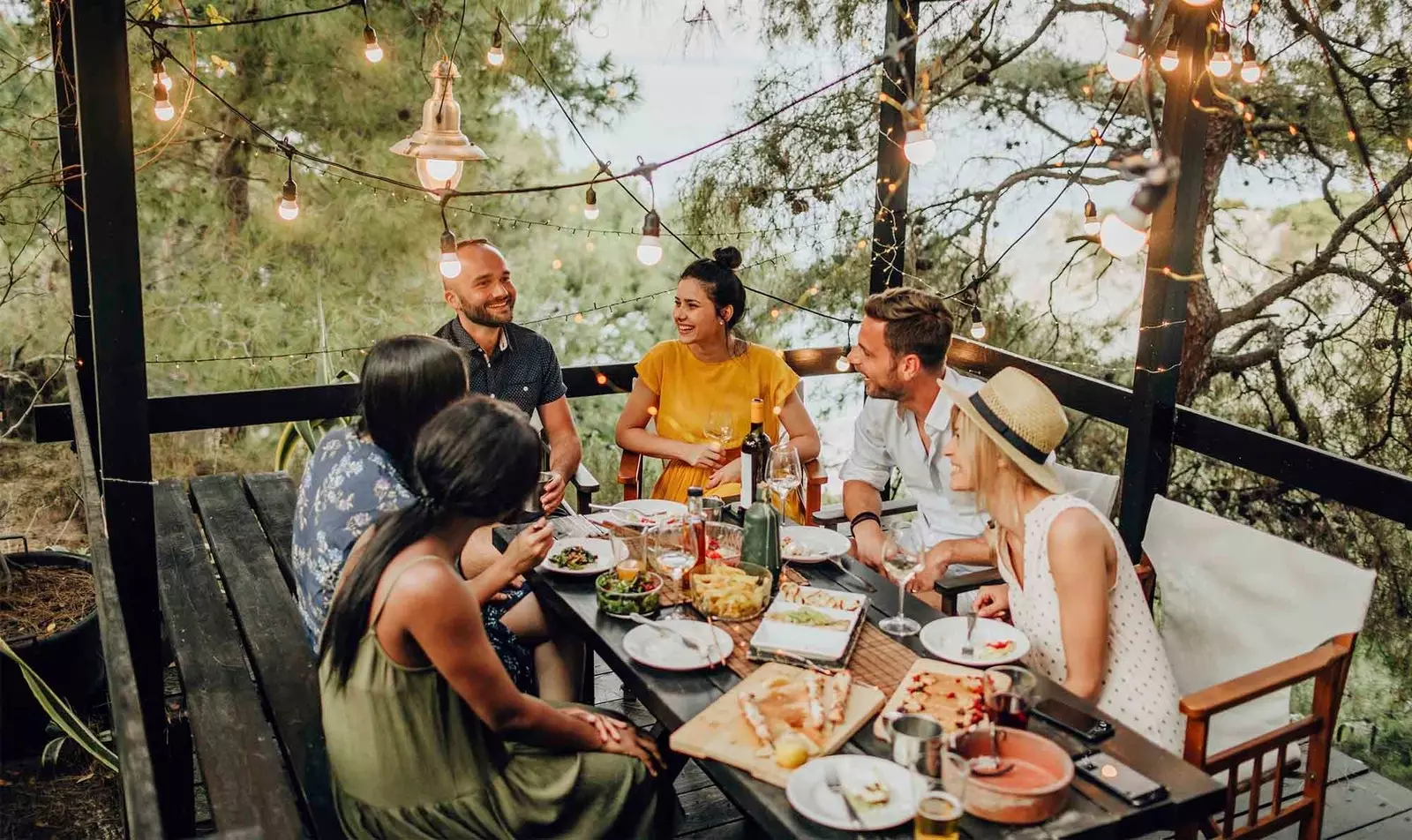
We like (a lot) after-meals
